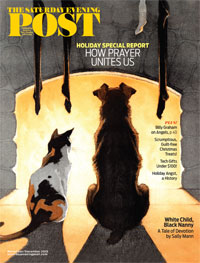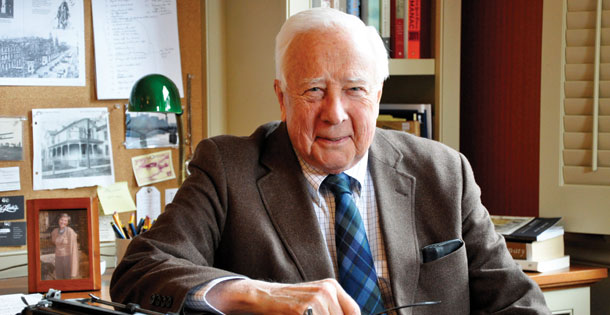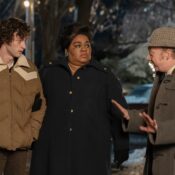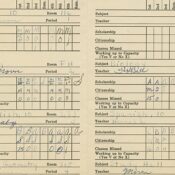A while back, a survey by the National Constitution Center found that more American teenagers could name the Three Stooges than could name the three branches of government. And that study was completed before we had No Child Left Behind (NCLB), which emphasized English and math as make-or-break subjects at the expense of history — not to mention art, foreign languages, and just about everything else.
NCLB was swiftly followed by Race to the Top, which was pretty much the same animal in a different skin. And now we have the rigidly applied Common Core, which calls for “close reading,” analyzing text without context. “It is impossible to understand history without context,” as education writer Diane Ravitch has pointed out.
The goal of developing common standards of achievement and success for students may be noble, but the solution is dismal, turning students into test-taking automatons. And failing to teach history is “a very serious mistake,” says historian David McCullough in a penetrating interview. “We talk about how much we love our country, and we’re great patriots, but how can you love your country and take no interest in your country’s story?”
McCullough is famous for his highly readable books on such diverse subjects as George Washington, Harry Truman, and recently the Wright brothers. He’s a master of bringing historical figures to life by portraying them as living, breathing humans rather than calcified statues. When asked what we could do to improve the way we teach history, McCullough’s answer is simple: “Tell stories.”
What a beautiful idea! Instead of attempting to base education on obsessive testing in imitation of the hideously corporate demand for “measurables” or (my most-loathed buzzword) “metrics,” we should encourage teachers to do what humans have done since the time of Homer: talk, sing, recite! Let’s inspire the next generation with the extraordinary struggles of those who went before us and built the world we live in today. As McCullough says, “Why limit your knowledge and experience of life to the relatively brief time allotted by our lifetimes when the whole reach of the human experience going back thousands of years is open to us through the medium of history?”
More in the Post archive on education:
“An Interview with David McCullough”
by Jeanne Wolf
“American Schools in Crisis”
by Diane Ravitch
“History Lessons”
by Emily Bloch
“Teaching to the Test Gets an ‘F’”
by Steven Slon
Become a Saturday Evening Post member and enjoy unlimited access. Subscribe now







